Should I edit as I go?
I’m not sure what the percentages are but I can assure you it would be different for everyone. Should or shouldn’t you edit as you go? Personally, I do a little of both. My main approach is to get the story down on paper. However, each day I do reread the work I wrote the day before. I might clean it up a bit, tidy a sentence here and there. Another benefit for me is this practice puts me back into the story where I left off.
Some writers do a “100-page edit”. I don’t. So, my first drafts are usually messy. I don’t mind that outcome because I have a whole manuscript at the end. And a whole is better than a half, right?
I do the same for screenplays. I don’t mind an untidy first draft. Other writers like a tidy first draft. But it doesn’t matter what other writers do, right? DON’T LOOK SIDEWAYS!
The answer to the above question? Do what suits you best.
On a final note, engage an editor to edit your manuscript. Then you can polish the edited version ready for submission.
Should I use real-life settings or imaginary settings?
I guess that will depend on what you are writing. I’ve written a fantasy series for middle-grade readers and its setting is imaginary. However, I do draw on my earthly understanding of deserts, rainforests and ice covered environments.
Even If a reader had not ever been to a desert before certain associations, like sand dunes, the hot sun and a sandstorm, will help them understand the setting within their thoughts. These settings are free forming to some degree, allowing the writer partial or total freedom from the constraints but, they require active creativity. With total creation comes total accountability. This may require a heavier than usual attention in detail.
Something to consider might be the idea that real-life settings present an instantly understandable environment. In real-life settings, the facts are already there for you and all you have to do is research. One disadvantage, if you can call it that, is you have a greater responsibility to create a real version of the setting. If you write something even not quite right, guaranteed a reader will notice, and let you know.
In most cases, once again this is up to you. Batman could have lived in any real-life city and not the fictional city of Gotham, right?
How do you minimize interference?
FOCUS!
You have a job to do. What do you do? Put your focus on the goal of completing that job. You have committed with your intention to write a book, right? Replace the intention with action. Deliberate. Structured. Sustaining action. Some quick tips:
– Create a writing space
– Turn up every day at that writing space (set aside an amount of time)
– Tune out of all social media while writing
– Concentrate and write
– Surround yourself with the kind of writing environment that increases your chances of completing your writing commitment.
What is your writing process?
Most writers follow the below basic steps no matter what level of expertise they have. I will go out on a limb here and say every writer will write several drafts before they are finished, right? Unless they are exceptional at the art of writing, a freak of nature or creative writing genius.
The steps are:
Planning: Choosing the genre, topic, creating the storyline and other prewriting activities like researching etc. Then it will depend on if you are free writing (gardener) or outlining (architect).
Writing/Drafting: Write the first draft. Read. Write a second draft. Read. This could take a while. Redrafting and redrafting.
Editing: Seek feedback from a professional editor on content, structure, line and organisation but also adding in grammar correction, word choice, etc. Write the final draft.
Completion: Final editing and celebration. Open the wine bottle!
If I’m talented, take a creative writing course and write a great novel will I get published?
Everyone who takes the time to write a story, whether beginning, emerging, or accomplished at writing, can always improve their ability to think and write creatively with practise. If you want to learn to sing or play an instrument I think it’s a known fact that most of us will need to start at the beginning and learn from the basics and work our way up.
That doesn’t mean you have to go to university a do a Bachelor. For me, it was quite the opposite. I preferred to learn the social sciences, human sciences and social welfare because that was my passion. However, this learning provided me with an immense amount of stimuli for writing. That’s not to say I haven’t done short courses in writing. For me, in particular, I’ve done more screenwriting courses than creative writing courses but that was my choice. And there’s the most important word, choice. You are the master of your own creativity. No one will do this for you. Only you.
Like I said above, writing is a four-part process – planning, writing, re-writing and editing.
Writing is an art and a craft that takes time to master. Don’t rush it. It’s taken me ten years and I’m still practising each time I write a new manuscript. And if you want to write a novel or screenplays it will usually take a number of years to do it really well.
There are no shortcuts. It’s a marathon, not a sprint.
The publishing part is another marathon. However, today you can take up the option of self-publishing. And the other added bonus is there are a lot of independent publishers who are always actively seeking new talent. Today you can submit to both independent and traditional publishers that have open submission options.
Good luck! Be excited about your own creative guidance system.
Some of my achievements include.
So until next time… “Be brave and bold in your chosen field of creativity. And never be afraid to explore new techniques”
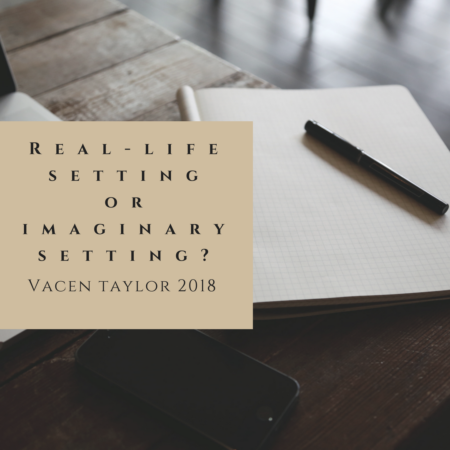
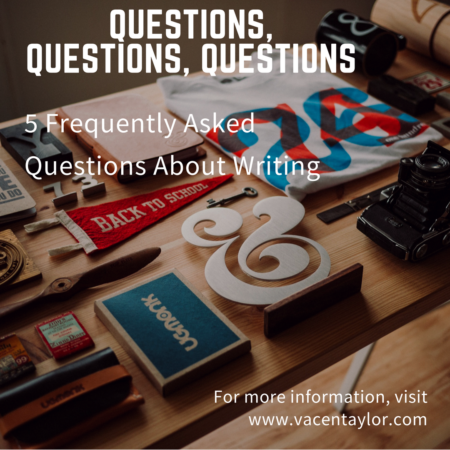
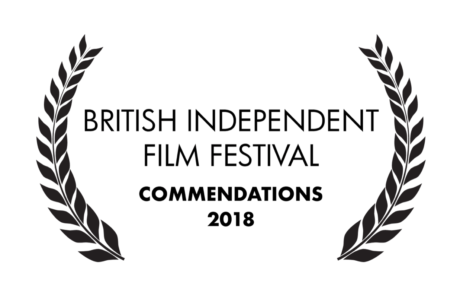
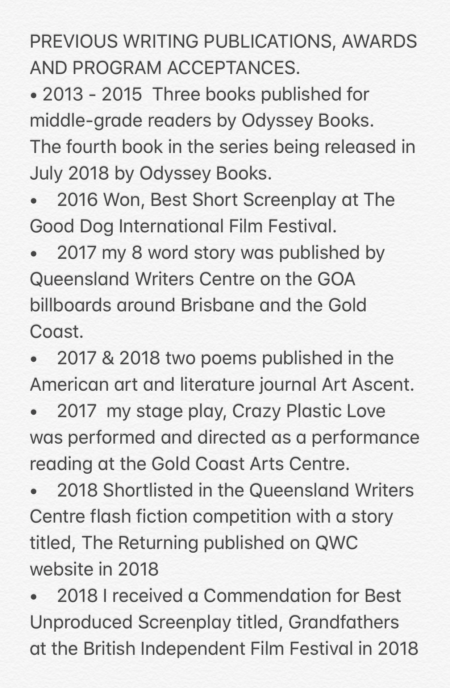
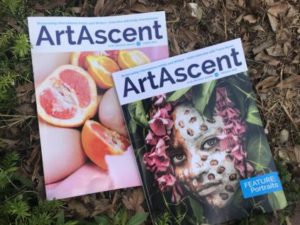
Connect With Me